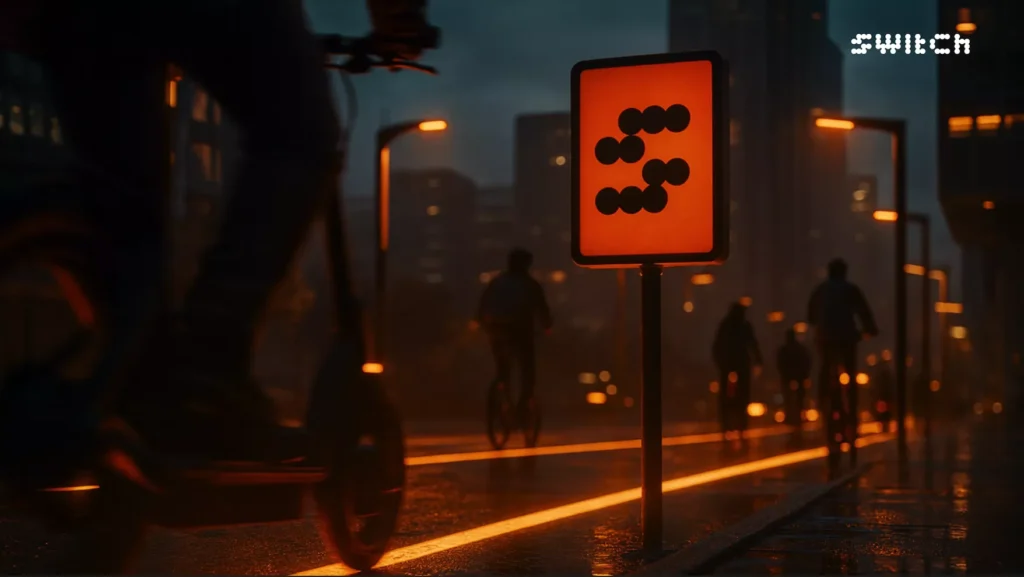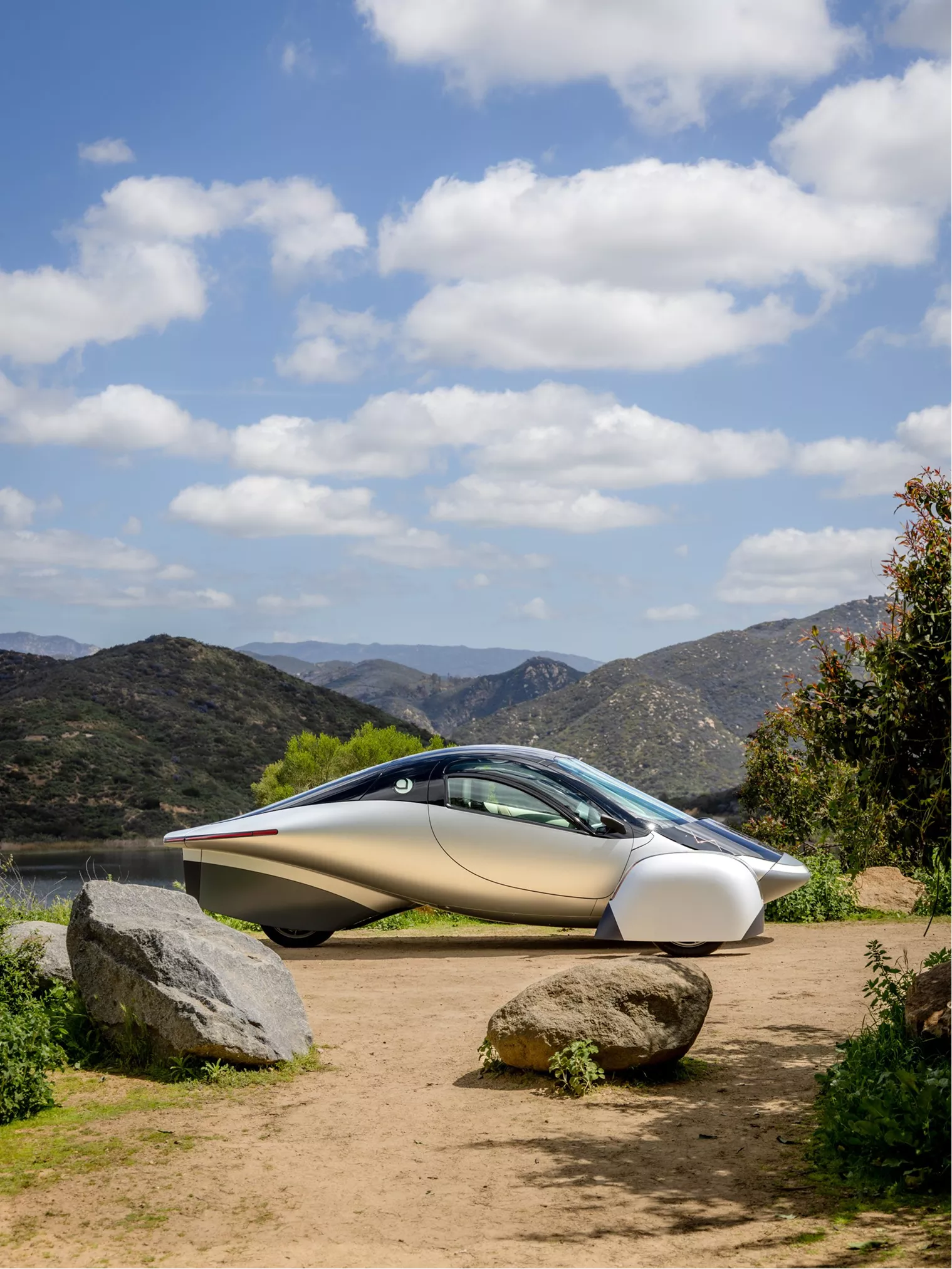






From EVs and batteries to autonomous vehicles and urban transport, we cover what actually matters. Delivered to your inbox weekly.
BP will acquire Tesla’s fast charging hardware for $100 million, marking the first time Tesla has sold its Supercharger tech directly to a third-party network.
The chargers will be rolled out across BP’s EV charging division, bp pulse, starting in 2024, and will initially be installed at locations operated by BP, Amoco, TravelCenters of America, and Thorntons.
This enables BP to serve both Tesla drivers and non-Tesla EVs without requiring adapter infrastructure. It also aligns with the voluntary industry shift toward NACS as more automakers — GM, Ford, Rivian, Mercedes-Benz — commit to supporting the standard by 2025.
The deal signals two shifts.
First, Tesla’s move to license its Supercharger tech reflects a broader pivot from a closed ecosystem to infrastructure monetization. Until now, Superchargers were tightly integrated into Tesla’s proprietary service stack. Selling to BP opens a new revenue channel and positions Tesla as a hardware supplier in addition to a network operator.
Second, it marks an inflection point for bp pulse, which has lagged in charger deployment and reliability. CEO Richard Bartlett called the Tesla tech a “step change” that will help the company scale quickly across key metro and highway locations. The company recently pledged to invest $1 billion in EV charging infrastructure in the U.S. by 2030, part of a global $500 million commitment over the next two to three years.
This isn’t a one-off order. BP is embedding Tesla technology into its service model, and technicians from Tesla will install many of the first wave of chargers. The system will integrate with BP’s own fleet and retail management software.
While Tesla will not run the chargers, the operational partnership points to a growing segmentation in the EV charging market:
The first Tesla-built chargers in this deal are expected to come online in early 2024. If execution meets expectations, this could set a precedent for other oil majors and fleet operators seeking to shortcut years of charger development by buying proven tech off the shelf.